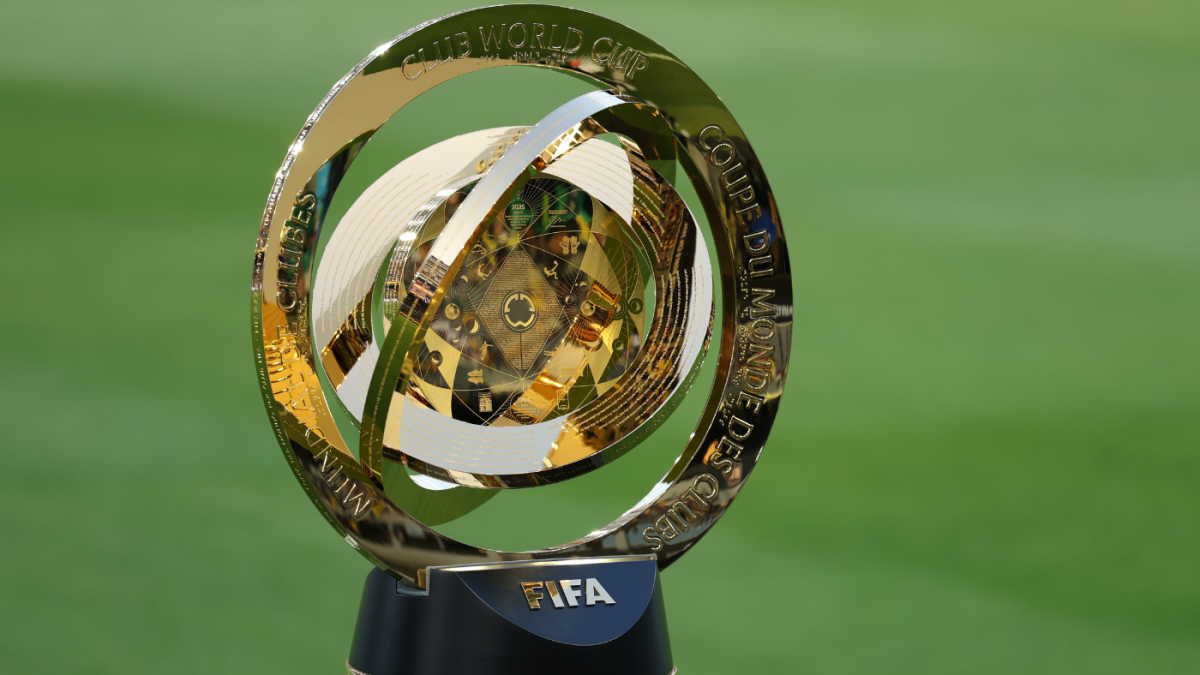The 2025 FIFA Club World Cup: Revolutionizing Global Club Football
The upcoming 2025 FIFA Club World Cup is set to transform international club football, unfolding as the most expansive and immersive edition yet. With a shift from a condensed annual event to a month-long festival featuring 32 elite teams over 63 matches, it redefines how fans experience the sport on a global scale. Hosted across multiple iconic venues throughout the United States from June 14 to July 13, 2025, this tournament symbolizes football’s growing international appeal and competitive diversity.
From Compact Tournament to Global Showcase: Evolution of Format
Historically, the FIFA Club World Cup operated as a seven-team, short-duration tournament held annually, primarily bringing together continental champions in a streamlined knockout format. The 2025 edition represents a bold departure. Moving to a four-year cycle, the expanded roster of 32 clubs offers a comprehensive platform that mirrors the prestige of tournaments like the FIFA World Cup for national teams.
The new structure organizes participants into eight groups of four, each engaging in a round-robin to earn advancement. This initial phase ensures all teams play multiple matches, heightening competitive fairness and giving underdog squads ample opportunity to demonstrate quality. The subsequent knockout stage further intensifies drama, culminating in a grand final on July 13. Overall, the 63-match schedule enables fans worldwide to immerse in a sustained football spectacle rich with skill, strategy, and suspense.
Key Dates and Match Phases: Charting the Path to Glory
The tournament unfolds in distinct phases, thoughtfully spaced to maintain momentum and audience engagement:
– Group Stage (June 14 – June 27): Featured clubs face off within their groups in a strategic round-robin format. This stage is crucial for setting the competitive tone and revealing early tactical battles between clubs from diverse football cultures.
– Knockout Rounds (Starting June 28): Group winners and runners-up enter the Round of 16, triggering a high-stakes elimination sequence. From intense Round of 16 matches to quarter-finals and semi-finals, each knockout encounter ups the ante, leading to the climactic final.
This timeline ensures a balance of sustained competition and peak dramatic moments, inviting global audiences to follow and invest emotionally in narratives unfolding over an entire month.
Spotlight on Teams and Group Dynamics: Football’s Global Elite
The participant lineup reads as a who’s who of world football, blending powerhouse clubs with emerging contenders:
– European Giants: Chelsea FC and Manchester City headline the European contingent, bringing tactical sophistication and star-studded squads. Chelsea’s opening fixture against LAFC on June 16 at Atlanta’s Mercedes-Benz Stadium uniquely pits Premier League mettle against North American ambition.
– North and South America Contenders: LAFC, having ascended through a playoff against Club América, embodies MLS’s growing stature. Brazilian clubs Flamengo, Palmeiras, and Botafogo showcase South America’s rich football heritage alongside Argentinian powerhouse Boca Juniors. Boca’s Group C match against Benfica promises a stylistic clash of European efficiency and South American flair, highlighting the global football dialogue the tournament fosters.
– Diverse Representation: The tournament’s design deliberately broadens competitive horizons by integrating teams from Africa, Asia, and Oceania. The presence of clubs like Espérance de Tunis enriches the cultural and tactical diversity, increasing tournament appeal while providing developmental benefits to these regions.
Such group dynamics create a multi-dimensional tapestry where club legends, emerging stars, and contrasting football philosophies converge, providing fans with a rich, unpredictable spectacle.
Venues and Broadcast Accessibility: Bringing Football Closer
The geographic distribution across seven U.S. cities leverages major sports infrastructures to deliver vibrant live atmospheres and accessibility:
– Iconic stadiums like the Mercedes-Benz Stadium in Atlanta and Hard Rock Stadium in Miami Gardens serve as sporting temples, enhancing fan experience on-site.
– Additional venues in Philadelphia, Seattle, Nashville, Charlotte, East Rutherford, and Pasadena underscore the tournament’s nationwide reach.
Broadcast strategies cater to both domestic and international markets through partnerships with DAZN, TNT, TBS, UniMás, and TUDN, ensuring coverage in varied languages and platforms. Localized scheduling in EDT, CDT, and PDT optimizes viewer convenience, amplifying engagement.
Fan-centric digital tools including downloadable PDFs and Excel fixtures provide seamless tracking of complex schedules, group standings, and match outcomes. These efforts underscore the commitment to making the event not just accessible but also interactive for analysts and devoted followers alike.
Anticipated Impact: A Catalyst for Football’s Global Unity and Development
This version of the FIFA Club World Cup is more than a tournament—it’s a statement about football’s expanding global footprint. The extended format facilitates higher exposure for clubs beyond traditional powerhouses, enabling underrepresented regions to showcase talent and elevate their competitive standards.
Teams such as Inter Miami, energized by Lionel Messi’s presence, represent the growing American enthusiasm that the tournament both benefits from and nurtures. The melding of European precision, South American creativity, African resilience, and North American energy promises compelling tactical diversity.
Moreover, the sheer scale cultivates opportunities for narrative depth, emotional investment, and fan engagement unmatched by previous editions. This creates a dynamic festival of football that unifies cultures, fosters mutual respect among footballing traditions, and celebrates the sport’s universal appeal.
—
Conclusion: A Defining Chapter in International Club Football
The 2025 FIFA Club World Cup emerges as an unprecedented celebration of football’s global spirit and competitive excellence. By expanding the tournament’s scale and reach, it transcends its original framework to offer fans and players an immersive month of unforgettable matches, compelling rivalries, and shared passion.
From Chelsea’s opening showdown with LAFC to the final’s decisive battle in mid-July, this event crafts a vibrant narrative where elite clubs test their mettle on a worldwide stage. Beyond the pursuit of a trophy, the tournament epitomizes football’s capacity to unite diverse communities through a universal love for the game. Its legacy will be one of innovation, inclusivity, and unforgettable sporting spectacle, firmly embedding it in the rich history of international club competition.











